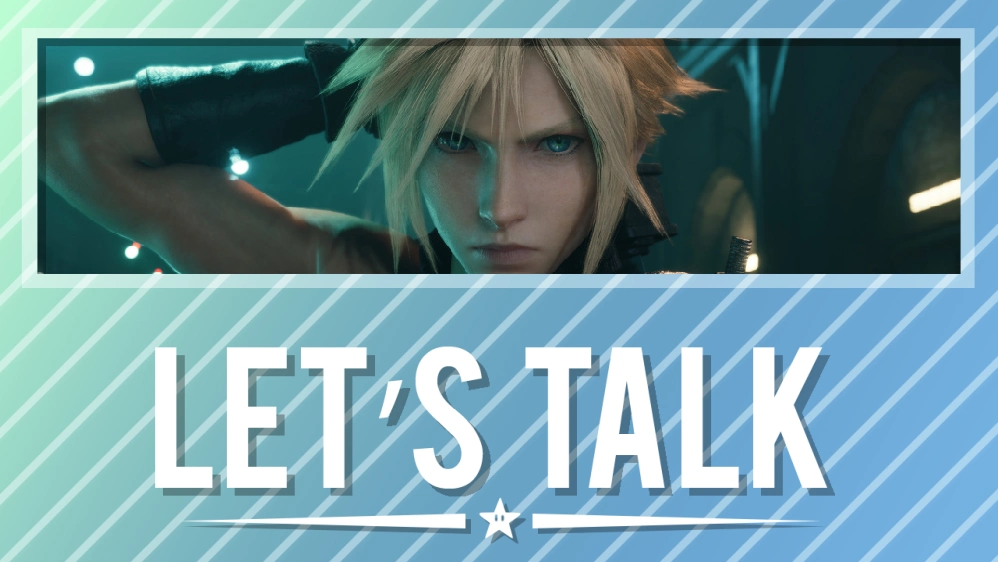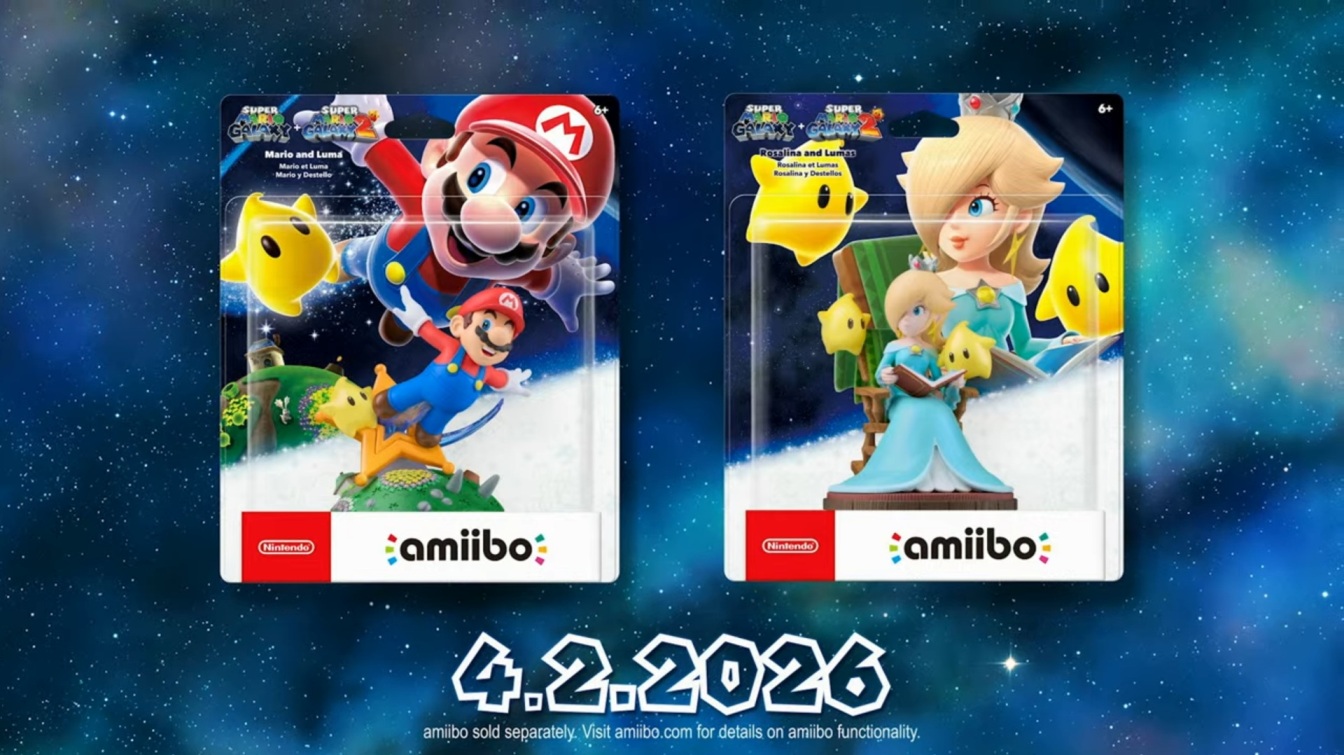Nintendo Emulation Takedowns Explained: Legal Insights from Company IP Lawyer
2024 marked a watershed year in the ongoing battle between Nintendo and video game emulator developers.
High-profile shutdowns of Nintendo Switch emulators such as Yuzu and Ryujinx sparked significant debate throughout the gaming community.
Now, new clarity comes directly from Nintendo’s legal team.
At a recent seminar hosted by Japan’s Association of Copyright for Computer Software, Koji Nishiura—deputy general manager of Nintendo's Intellectual Property division and experienced patent attorney—laid out the legal and technical basis for Nintendo’s steadfast approach toward emulator enforcement. According to Japanese gaming outlet Denfaminicogamer, Nishiura distinguished the legal status of emulation technology from its potential uses.
"An emulator, in and of itself, is not inherently illegal.
Its legality is determined by how it is employed," Nishiura summarized, as translated by Automaton.
This nuanced view addresses longstanding debates in the industry regarding emulation’s gray areas, separating the creation of emulator software from the manner in which it is used and distributed. Nishiura emphasized that Nintendo’s legal interventions focus particularly on instances where emulators circumvent a console’s "technical prevention methods," including critical security measures such as encryption.
When an emulator is designed to bypass these protective features, it violates Japan’s Unfair Competition Prevention Act.
Such breaches have become prime targets for Nintendo’s legal team, leading directly to the takedown of widely-used tools. In addition, emulators that duplicate substantial portions of a system’s proprietary code or software are considered to infringe upon copyright.
Nishiura clarified that reproducing specific Nintendo program data without authorization could constitute direct copyright violation.
Furthermore, any emulator or related service that provides access or links to pirated game files—often referred to as "reach apps"—also qualifies as illegal, further implicating operators in copyright infringement claims. These legal interpretations are not limited to Nintendo alone.
Nishiura invoked the example of a 2009 case, where Nintendo and a coalition of over 50 parties successfully pursued the takedown of the Game Backup Device, a tool notorious for enabling the unauthorized duplication of Nintendo DS titles.
This, he suggested, illustrates ongoing industry-wide efforts to combat piracy and preserve developers’ rights on platforms such as the Nintendo Switch and beyond. The past year saw Nintendo achieve decisive outcomes in emulator litigation.
In March, creators of Yuzu and Citra, operating under the TropicHaze banner, agreed to pay $2.4 million in damages and cease all operations.
The Ryujinx Switch emulator met a similar fate in October, with Nintendo subsequently taking control of the project’s domain. Nishiura concluded that Nintendo’s approach to enforcement is now systematic and robust.
With such strong precedent and the swift resolution of major cases, Nintendo’s IP division continues to shape the legal landscape for emulator technology—not just for its own titles, but for the entire development community. As these developments unfold, it is clear that Nintendo’s strategies serve as a benchmark for game copyright protection and hardware security enforcement worldwide.
For developers, platform holders, and emulator enthusiasts, understanding these legal boundaries remains essential as the industry evolves.
High-profile shutdowns of Nintendo Switch emulators such as Yuzu and Ryujinx sparked significant debate throughout the gaming community.
Now, new clarity comes directly from Nintendo’s legal team.
At a recent seminar hosted by Japan’s Association of Copyright for Computer Software, Koji Nishiura—deputy general manager of Nintendo's Intellectual Property division and experienced patent attorney—laid out the legal and technical basis for Nintendo’s steadfast approach toward emulator enforcement. According to Japanese gaming outlet Denfaminicogamer, Nishiura distinguished the legal status of emulation technology from its potential uses.
"An emulator, in and of itself, is not inherently illegal.
Its legality is determined by how it is employed," Nishiura summarized, as translated by Automaton.
This nuanced view addresses longstanding debates in the industry regarding emulation’s gray areas, separating the creation of emulator software from the manner in which it is used and distributed. Nishiura emphasized that Nintendo’s legal interventions focus particularly on instances where emulators circumvent a console’s "technical prevention methods," including critical security measures such as encryption.
When an emulator is designed to bypass these protective features, it violates Japan’s Unfair Competition Prevention Act.
Such breaches have become prime targets for Nintendo’s legal team, leading directly to the takedown of widely-used tools. In addition, emulators that duplicate substantial portions of a system’s proprietary code or software are considered to infringe upon copyright.
Nishiura clarified that reproducing specific Nintendo program data without authorization could constitute direct copyright violation.
Furthermore, any emulator or related service that provides access or links to pirated game files—often referred to as "reach apps"—also qualifies as illegal, further implicating operators in copyright infringement claims. These legal interpretations are not limited to Nintendo alone.
Nishiura invoked the example of a 2009 case, where Nintendo and a coalition of over 50 parties successfully pursued the takedown of the Game Backup Device, a tool notorious for enabling the unauthorized duplication of Nintendo DS titles.
This, he suggested, illustrates ongoing industry-wide efforts to combat piracy and preserve developers’ rights on platforms such as the Nintendo Switch and beyond. The past year saw Nintendo achieve decisive outcomes in emulator litigation.
In March, creators of Yuzu and Citra, operating under the TropicHaze banner, agreed to pay $2.4 million in damages and cease all operations.
The Ryujinx Switch emulator met a similar fate in October, with Nintendo subsequently taking control of the project’s domain. Nishiura concluded that Nintendo’s approach to enforcement is now systematic and robust.
With such strong precedent and the swift resolution of major cases, Nintendo’s IP division continues to shape the legal landscape for emulator technology—not just for its own titles, but for the entire development community. As these developments unfold, it is clear that Nintendo’s strategies serve as a benchmark for game copyright protection and hardware security enforcement worldwide.
For developers, platform holders, and emulator enthusiasts, understanding these legal boundaries remains essential as the industry evolves.






